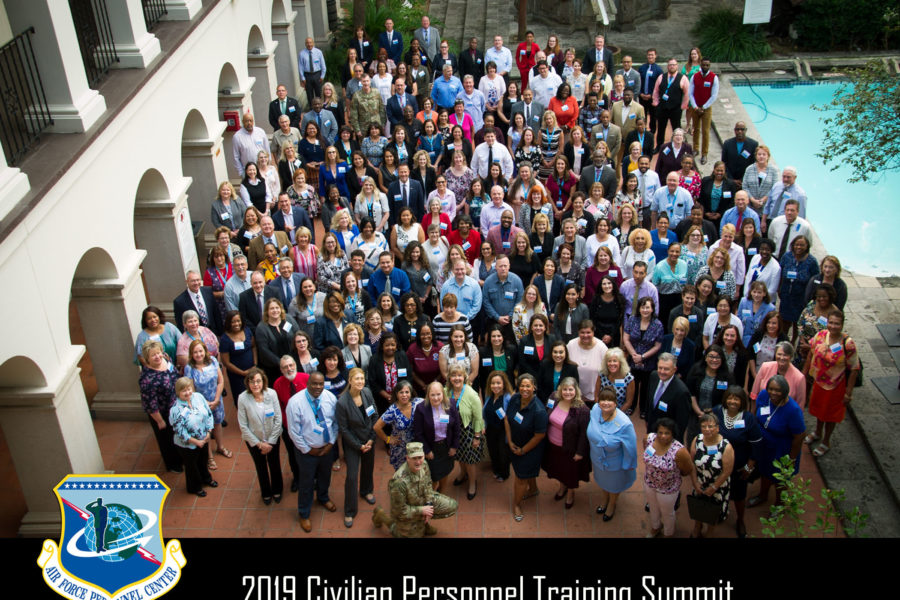The Department of the Air Force hopes to improve both diversity and retention within its 170,000-member civilian workforce by introducing a pair of career roadmaps—one of them tailored to developing “functional leaders” for the first time.
Civilians should look over the two roadmaps—the other a more conventional path for “enterprise leaders”—and decide which one they want to pursue, then communicate with supervisors and career field managers for more details, according to a video by the Air Force Personnel Center that compares the two paths.
A DAF-commissioned study by the RAND Corp. published in 2020 found that women and Black and Hispanic men started at lower civilian pay grades, on average, than White men. Women, in particular, were less likely to “catch up” over the years, in turn limiting their numbers eligible for senior leadership. Women and minority groups generally believed a person’s sex and race affected promotion opportunities, and an analysis of data revealed that women made up about 35 percent of civilians overall but only 21 percent of those in the top two pay grades.
The RAND study also found that a perceived lack of advancement opportunities and the expectation of geographic mobility—the willingness to pack up and move—negatively affected retention.
The DAF’s civilian science and engineering career fields employed the relative fewest racial and ethnic minorities and women, according to a 2021 report on disparities by the department’s inspector general. The IG office confirmed that the DAF’s civilian workforce had “seen improvements in minority and female representation,” possibly attributed to “significant policy changes” adopted in 2015.
The new roadmaps are appropriate for civilian employees “whether they are mobile and aspire to be enterprise leaders or whether they want to be the best functional expert they can be in their given locale,” Glenda Scheiner, director of civilian force management, said.
The roadmap to develop “functional leaders” departs the most from the DAF’s conventional talent management process, according to a news release announcing the change. The functional roadmap emphasizes deeper technical expertise in a single functional area rather than the broader, cross-functional experience encouraged on the enterprise side.
Once a staff member chooses a roadmap, they won’t be locked in.
“Leaders understand that career aspirations and personal circumstances may change,” according to the release, so people may switch “at any given point in time.” To accompany the new functional and enterprise roadmaps, “career field managers will build career-specific versions” of each DAF-level roadmap.
The roadmaps outline the experience, education and training, and leadership roles civilians should pursue for advancement throughout their careers. Both tracks emphasize functional proficiency early in a career and furthering the technical expertise later on.
On the enterprise side, recommended education maxes out at a master’s degree and offers the possibility of a degree in management, with some required professional military education. Functional leaders, on the other hand, should seek master’s or doctoral degrees in a specific discipline, with PME being optional.
RAND’s study recommended formally requiring supervisors and managers to take part in their staff’s career development. The DAF did not immediately reply to n question about whether it will require supervisors to address the new roadmaps with their staffs.


